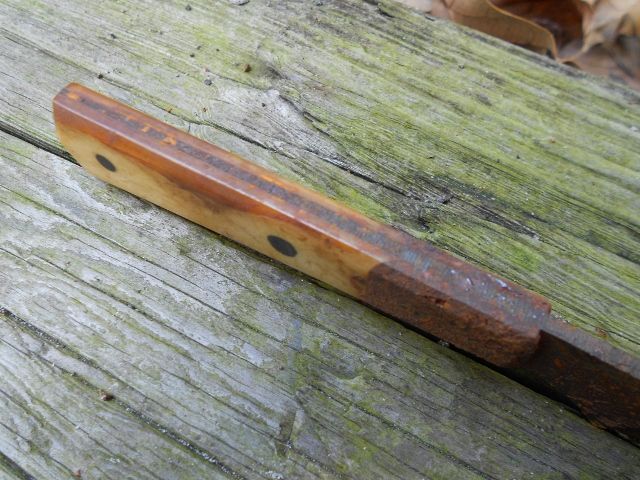James Terrio
Well-Known Member
I agree with Alden and Chris, the one I had to do over was because the epoxy wasn't fully cured, AND I heated it up by grinding too aggressively.
I'm still a big fan of corby bolts, but I will definitely look into the accraglass, Gorilla super glue and LocTite stuff next time I go shopping. Belt and suspenders
I'm still a big fan of corby bolts, but I will definitely look into the accraglass, Gorilla super glue and LocTite stuff next time I go shopping. Belt and suspenders

